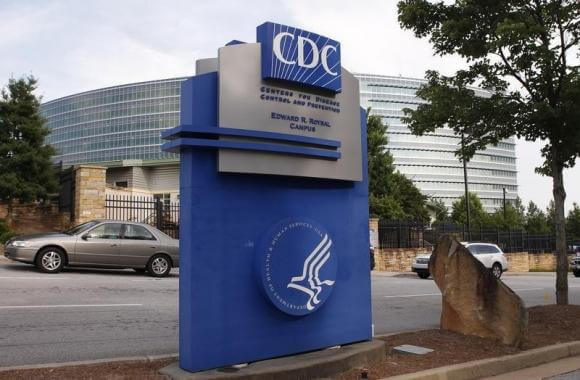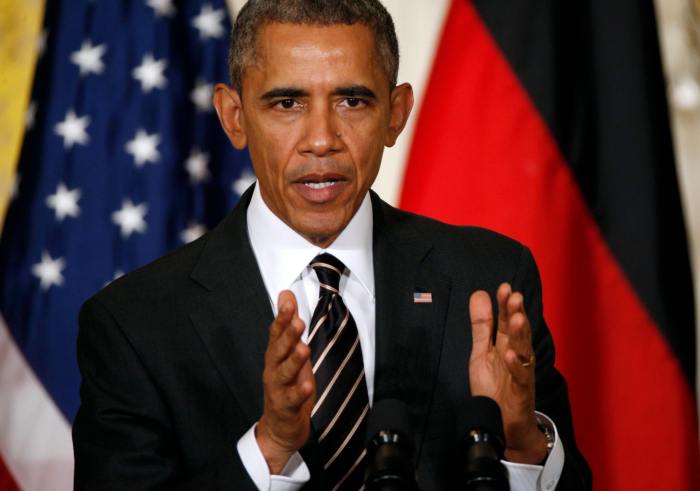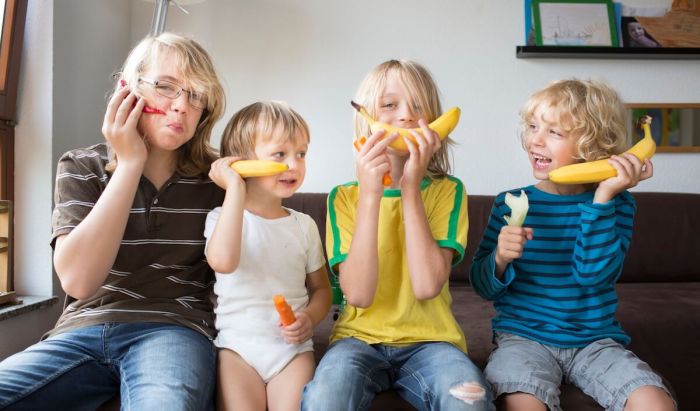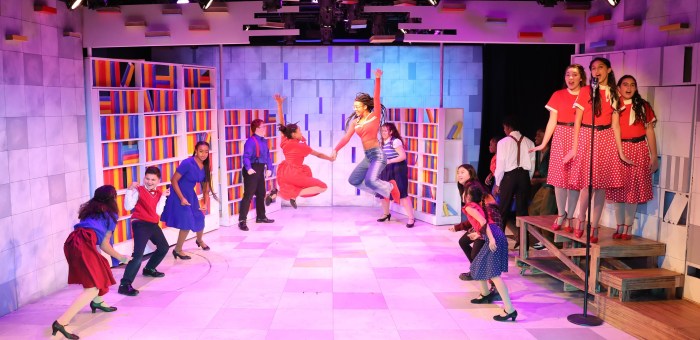In September 2014 when the first confirmed case of Ebola was diagnosed in the United States, everyone understandably freaked out. Then, three more cases were detected, one of which resulted in death, and we freaked out even more. But slowly, it stopped making headlines and we moved on to freaking out about something else. “It destroyed communities” “It wasn’t an ‘almost’ situation,” Wilde tells us. “It happened and it destroyed communities. Just in Liberia alone there are 2,000 Ebola orphans.”
First-hand experience “You can read what’s happening in the world and then do something about it. This is our fourth short documentary we’re making together and it’s the perfect way of telling a story you wouldn’t normally see, a human story.” A woman’s touch ”People were literally threatening to kill them every day because they were so angry they were taking away their loved ones. And it was often Garmai who was most effective at calming down especially the angry men,” Darg says. “The empathy that motherhood affords you is powerful,” Wilde says. “Especially knowing the sacrifice she made for Liberia and knowing her profound relationship with her son, that she was risking leaving him motherless so she could save her country.” A call to action Follow Emily on Twitter: @EmLaurence
“Body Team 12,” a short documentary directed by David Darg and co-produced by Bryn Mooser and Olivia Wilde show the harsh realities of Ebola abroad, namely in Liberia, where 4,486 people have died from the disease. In the film, which premiered at the Tribeca Film Festival, a team is tasked with collecting the dead bodies of people who have died from Ebola.
Darg, Mooser and Wilde have all collaborated on humanitarian projects in the past, even helping build a high school together in Haiti after the 2010 earthquake. “We launched RYOT News, which is our news platform where every story has an action,” Darg says.
The doc largely focuses on Garmani Sumo, a fearless Liberian woman — and mother — who leads the team of men in Body Team 12. “It’s actually a policy of the body collection effort that every team have a woman,” Darg says. Not only are the body teams entering homes where people are mourning losing a loved one, but they don’t want the teams to take the body.
Of course, the filmmakers’ hopes are that after watching the short documentary, viewers feel prompted to help. They are hoping to raise $60,000 from the film to help orphans who have lost both their parents to Ebola. Donations can be made at ebolaorphanproject.com.
Olivia Wilde: ‘Ebola wasn’t an almost situation’
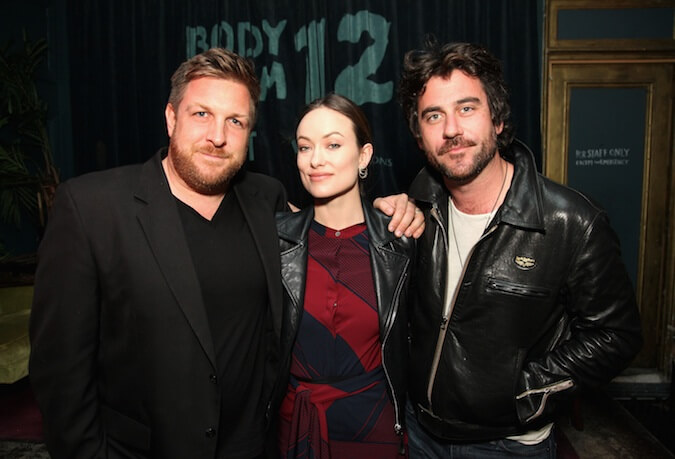
Getty Images


